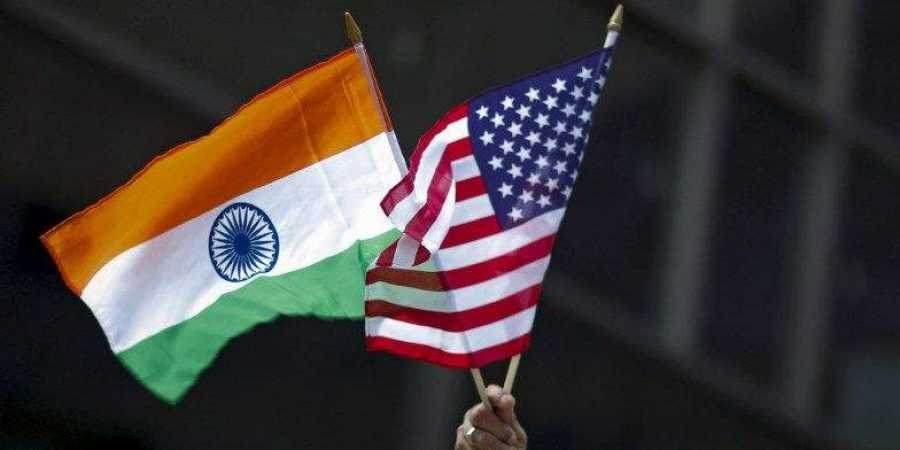
In U.S. zeal against Iran, India has become an inadvertent casualty: Ashley Tellis
Why it is in news?
- US sanctions against Iran and Its effects on India

More on news
- The former U.S. diplomat says if Washington does not make some difficult decisions, it risks losing India on issues of graver importance.
- The idea of an Indian “strategic shift” worries many in Washington, Ashley Tellis, Senior Fellow of the Washington-based Carnegie Endowment for International Peace and former U.S. diplomat, says.
- Among the other difficult issues Indian and U.S. Ministers will tackle during the 2+2 in September are Washington’s sanctions over India and Russia, as well as New Delhi’s reach-out to Beijing and Moscow in recent months.
- On January 15, President Trump signed the CAATSA law for sanctions on those dealing with RUSSIA and IRAN, and then reimposed other sanctions on Iran after walking out of the JCPOA deal. Why did the U.S. not consider the impact on India more carefully, given the close ties we supposedly share?
- If you look at the history of India-U.S. ties, including non-proliferation in the 1970s, India often became a casualty of policies directed against others. The Iran problem today is an echo of that older problem.
- This administration has, in my view, an unfortunate obsession with Iran. And it is firing on all cylinders to constrict Iran. Now Iranian behaviour, especially to its west, has been deeply problematic. But in Washington’s zeal to mount a frontal assault on Iran, India has become an inadvertent casualty.
- The question of prioritizing India will be answered by whether the U.S. provides the necessary waivers to India on oil purchases from Iran. The Trump administration now has to consider its other equities with India, and it can see the importance of India in light of the larger U.S. strategy towards Asia — and make the decision on waivers in that context.
- Yet no waivers were introduced in the CAATSA legislation for defence trade with Russia, and the language of visiting U.S. officials including Nikki Haley, is that there is no flexibility on Iran either. What gives you hope that waivers or carve-outs will happen?
- The administration has not yet come to the point when it has had to make hard choices. I’m not surprised by the tough language, because it is the natural consequence of the administration’s standing policy. But when it comes to full implementation of that policy, it will have to make some difficult decisions, including some pertaining to our treaty allies. Or else, it risks losing India on other issues of graver importance.
- On Russia, India has made it clear it will go ahead with the S-400 missile deal regardless of CAATSA. Is India closer to being sanctioned over Russian trade?
- The S-400 issue is harder, both for India and the U.S. In the U.S. today, Russia has become a deeply polarising issue, also creating a tussle between Congress and the executive branch. The insistence by both that the S-400 purchase will be treated as a significant new acquisition under CAATSA makes it the most difficult bilateral problem we have now.
- The complications caused by the recent Trump-Putin summit in Helsinki won’t make things any easier.
- Since January, India is also treading a divergent path from the U.S.: special summits between PM Modi, and President Xi and President Putin. How is India’s reachout to Russia and China being seen in Washington?
- I think these Indian actions have unsettledsourceThe Hindu

